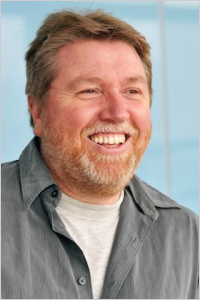Final Day of Web Science Research Week at the Royal Society
Here is a brief overview of today's events. Links to more specific reviews of the individual projects will be added here shortly.
[View the story "Web Science Research Week" on Storify]
#WebSciResWeek Wows the Crowds http://t.
Continue reading →


